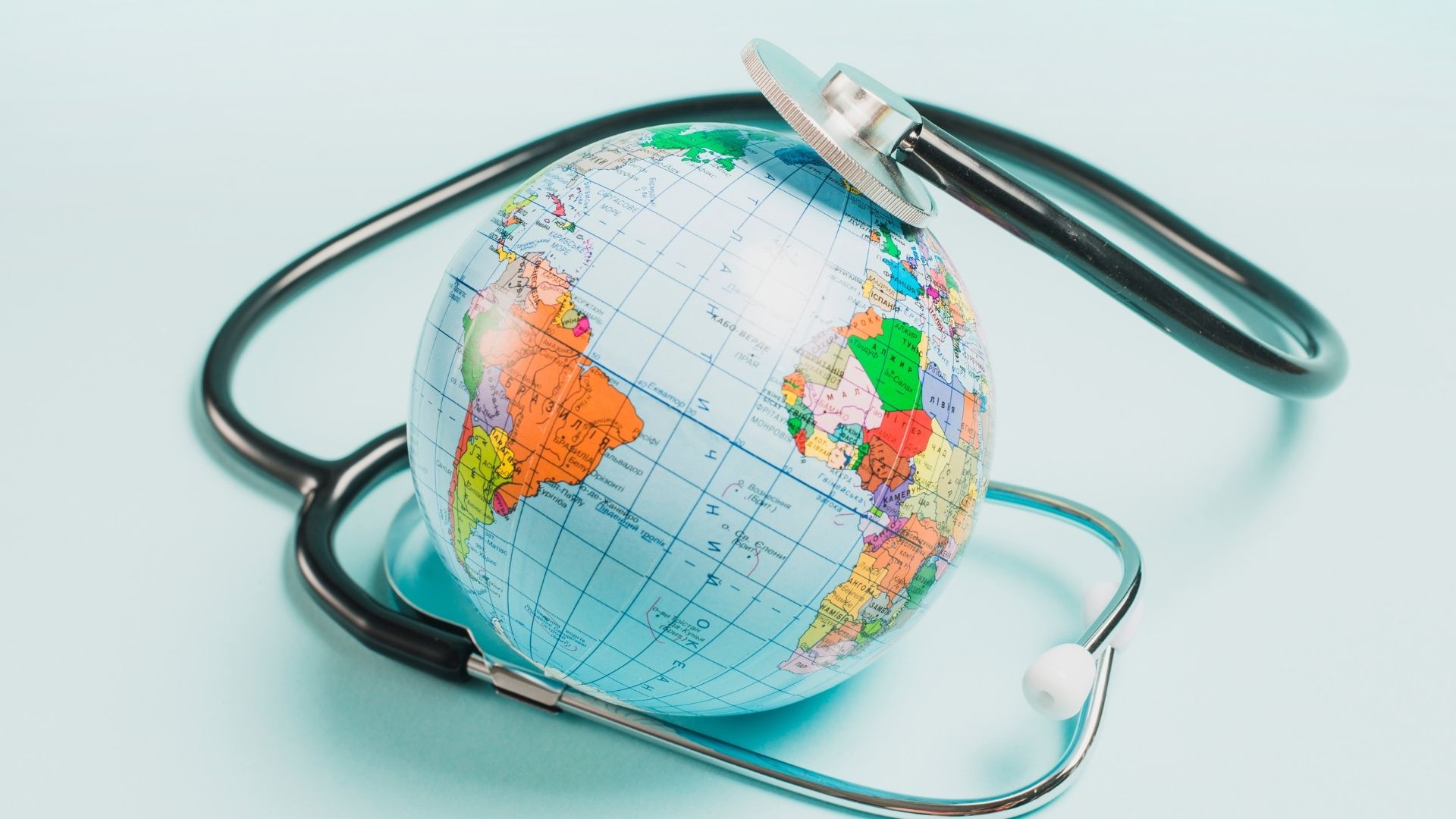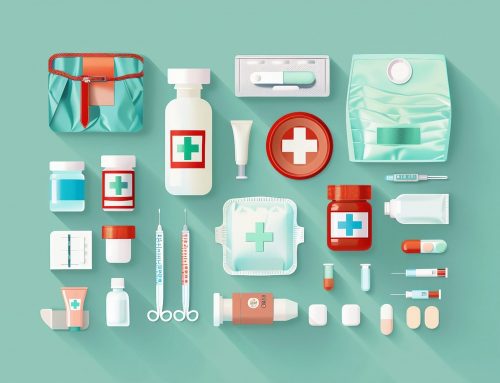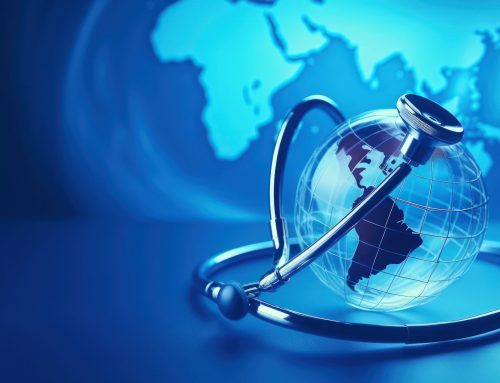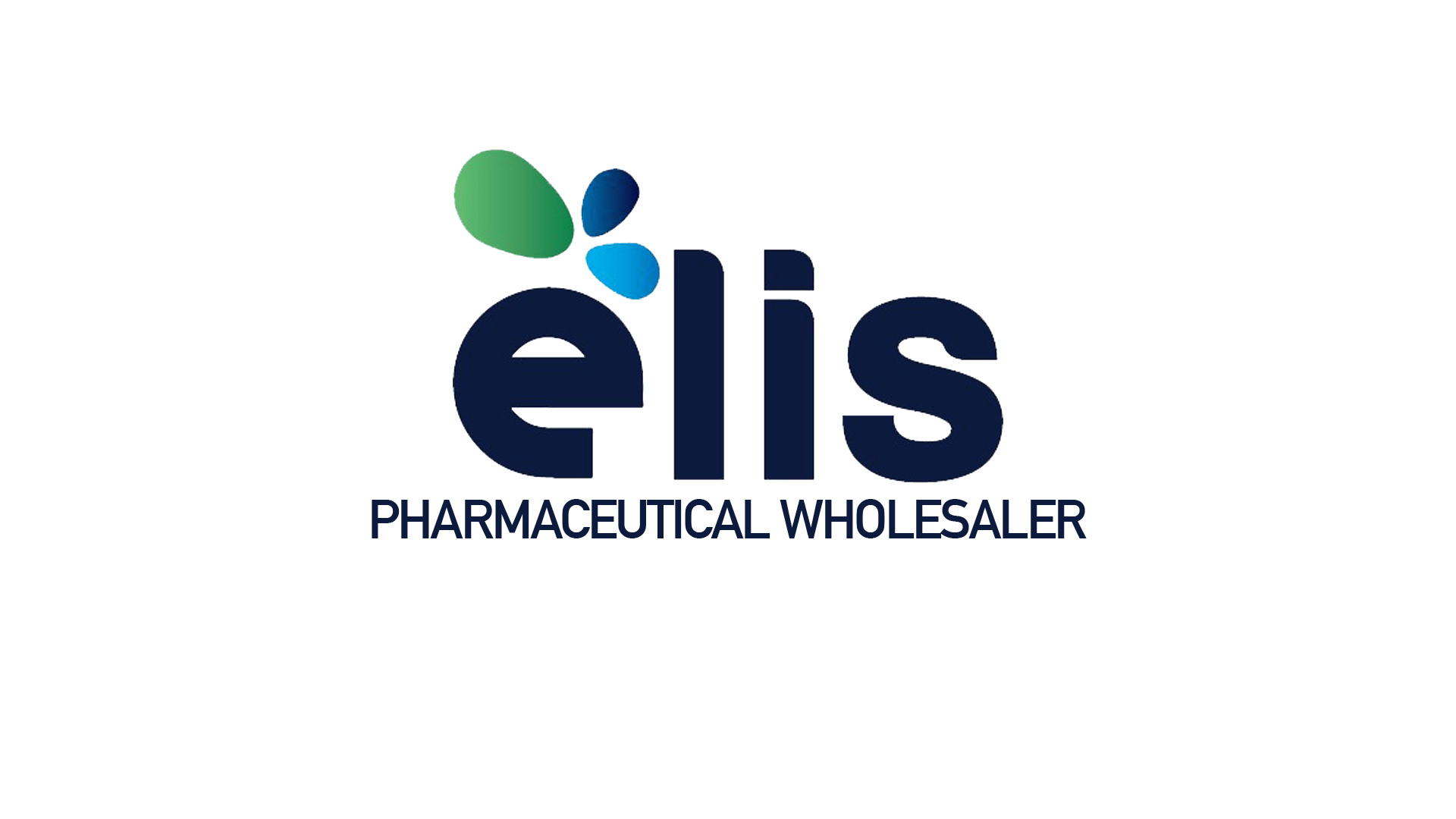
What Are The Functions Of The Healthcare Supply Chain?
The healthcare supply chain encompasses a series of interconnected processes and activities that ensure the timely and efficient delivery of healthcare products and services. For wholesalers, engaging in the healthcare supply chain involves managing and optimizing the flow of various products, including vaccinations, medicinal products, medical devices, medical consumables, baby care items, and cosmetics. Here are key functions of the healthcare supply chain that would appeal to wholesalers
Sourcing and Procurement
Wholesalers play a crucial role in identifying reliable sources for a diverse range of healthcare products. This involves strategic sourcing and procurement of items such as vaccinations, medicinal products, medical devices, and cosmetics. By establishing strong relationships with manufacturers and suppliers, wholesalers can ensure a steady and cost-effective supply of high-quality products.
Inventory Management
Effective inventory management is essential for wholesalers in the healthcare supply chain. Maintaining optimal stock levels of essential items, including medical consumables and baby care products, helps prevent shortages and ensures timely fulfillment of orders. Wholesalers need to implement robust systems for tracking product expiration dates, managing shelf life, and minimizing waste.
Distribution and Logistics
Wholesalers are responsible for the efficient distribution of healthcare products to various stakeholders, including pharmacies, healthcare institutions, and retailers. This involves managing logistics, transportation, and warehousing to ensure that products reach their destinations in a timely and secure manner. Vaccinations, medicinal products, and medical devices require careful handling and adherence to regulatory guidelines during transportation.
Regulatory Compliance
The healthcare supply chain is subject to stringent regulatory requirements to ensure the safety and efficacy of products. Wholesalers must stay informed about regulatory standards and compliance obligations related to the trading of healthcare goods. This includes adhering to regulations governing the distribution of medicinal products, vaccines, and other regulated items.
Technology Integration
Leveraging technology is essential for optimizing the healthcare supply chain. Wholesalers can benefit from advanced systems for order processing, inventory tracking, and demand forecasting. The integration of technology not only enhances efficiency but also allows wholesalers to adapt to changing market dynamics and customer demands.
Quality Assurance
Wholesalers must prioritize quality assurance to uphold the integrity of the healthcare supply chain. This involves implementing stringent quality control measures for all traded products, including cosmetics and baby care items, to ensure that they meet the required safety and efficacy standards.
The Importance of Supply Chain Management in Healthcare
Supply chain management in healthcare is of paramount importance as it ensures the seamless flow of medical products and services, ultimately influencing patient care and overall system efficiency. An effective healthcare supply chain facilitates timely access to critical items such as medications, medical devices, and vaccines, preventing shortages and optimizing inventory levels. Efficient supply chain practices contribute to cost containment, enabling healthcare institutions to allocate resources strategically. Moreover, robust supply chain management enhances visibility, enabling quick response to changes in demand or disruptions. In the healthcare sector, where patient outcomes hinge on timely and accurate delivery of products, an optimized supply chain not only improves operational effectiveness but also plays a vital role in enhancing patient safety and well-being.
Conclusion
In conclusion, the functions of the healthcare supply chain outlined above underscore the critical role wholesalers, such as Medicamix, play in ensuring the smooth and efficient delivery of essential healthcare products. As both a wholesaler and supplier, Medicamix recognizes the significance of sourcing and procurement, inventory management, distribution, regulatory compliance, technology integration, and quality assurance. By strategically navigating these functions, Medicamix positions itself as a dual contributor – not only providing a diverse array of healthcare products but also actively participating in the optimization of the broader supply chain. Embracing advanced systems and stringent quality control measures, Medicamix contributes to the overall effectiveness of the healthcare supply chain. As the healthcare sector continues to evolve, the commitment to optimizing these supply chain functions not only enhances operational efficiency but also upholds patient safety and well-being, making Medicamix an indispensable partner in the broader healthcare ecosystem.





